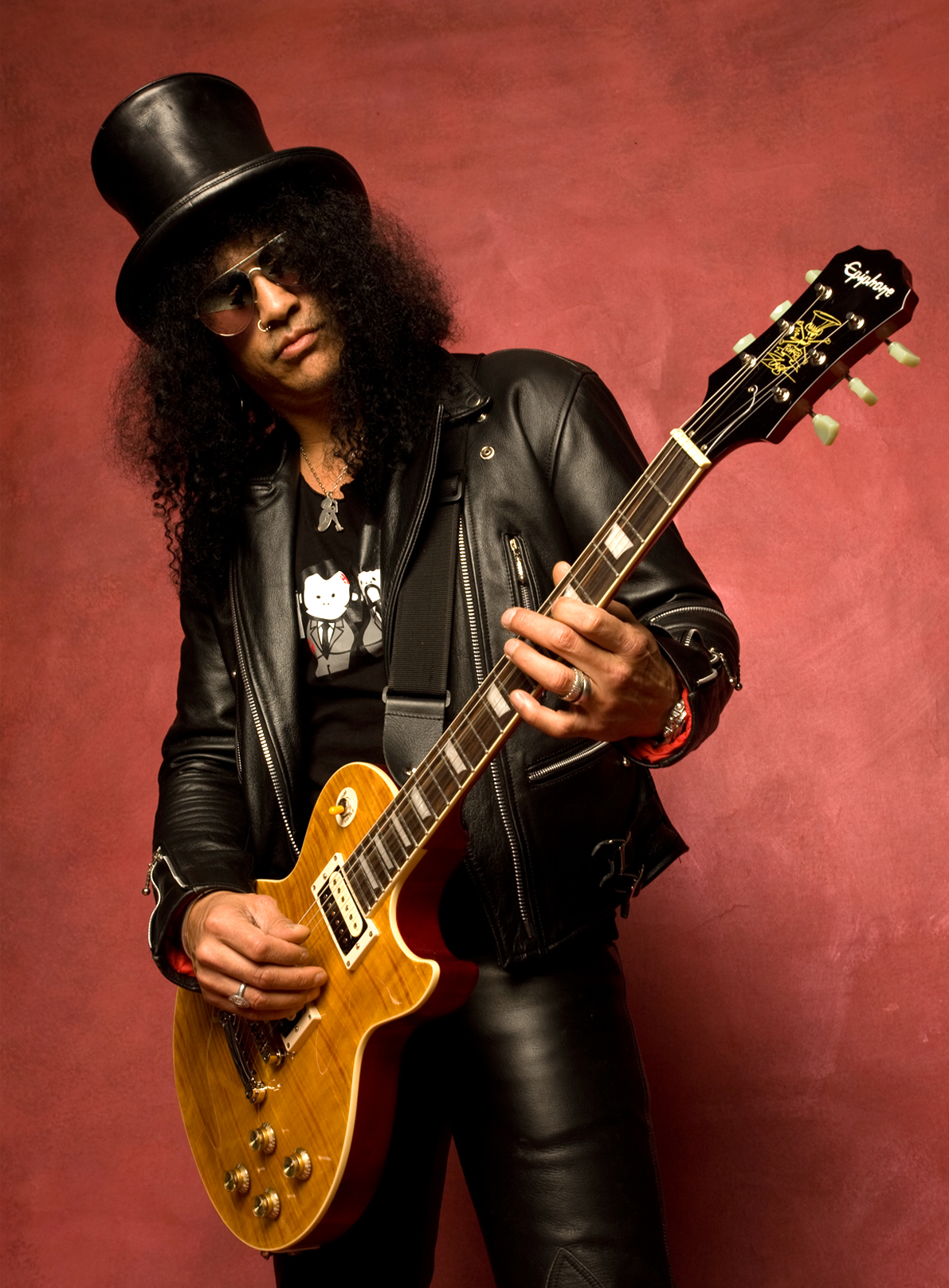 Something's killing the music industry. That's just a fact. How else do we explain the presence of One Direction, Taylor Swift and Meghan Trainor at the apex of the UK music charts. In the US, the Billboard 200 is topped by Swift, Nicki Minaj and Ed Sheeran as I write. Someone save us.
Something's killing the music industry. That's just a fact. How else do we explain the presence of One Direction, Taylor Swift and Meghan Trainor at the apex of the UK music charts. In the US, the Billboard 200 is topped by Swift, Nicki Minaj and Ed Sheeran as I write. Someone save us.Yes, something's killing it alright. The question is, what? Well, on the 8th of January Korn drummer Ray Luzier became the latest artist to declare the culprit online music piracy. This, in and of itself, has a fine petingdigree, going all the way back to Beethoven. More recently, Metallica have faced down LimeWire and - at the last gig I went to - Skindred singer Benji Webbe accused all the members of the audience who admitted to pirating his music of 'stealing from my fucking children's mouths!!!'. Which, hilarious as it was at the time, slicked in sweat and a dash of spilled blood, is kind of true.
Declaration of interests: I have, in the past, downloaded music illegally. Shock, horror, all my metal friends leave me. Yeeeaaahhhh... No. All of them have too. So have all of you. Crucially, though, I stopped doing so before the age of 15. Why? Quite simple, really: I had a little bit of disposable income by that point, and wanted to support the artists I like(d). So, now I buy CDs or (if the CD is hard to come by) download albums legally. A reformed man.
Here's the issue: I don't have THAT much disposable income, even now. So, while I buy as much music as I can afford, that's not too much. So, being a music-loving sort of chap, I use services such as YouTube, Spotify, and even occasionally Last.fm. The thing is, whilst these services are legal, they are't particularly lucrative for the artists either. They only receive an estimated $0.005 per play, which is pretty poor by anyone's standards. Although the disparity between this figure and the revenue from music sales has been subject to debate, everyone agrees the former is a fraction of the latter.
And therein, dear reader, lies the issue. Illegally downloading music is bad. You shouldn't do it. We know these things. But the thing which will replace piracy will not be increased album sales; it will be increased use of streaming services. This is because the average UK household income is between £44,000 and £51,000 for a two-adult, two-child family. Take the mean of £47,500 - that's just under £12,000 per person. Before tax. And bills. And rent/mortgage. And clothes. And food.
Are you getting the idea? People don't have the cash on the hip necessary to indulge what for many of us is a deep passion for music. Which means that people will continue to use streaming services, which pay artists a tiny amount of money over often extremely long periods of time. Granted, this is better than nothing, but not by very much. While we're on the subject, even album sales aren't making musicians that much - about 13% of the total album cost for a physical copy, and less for iTunes downloads and their ilk. This has always been the case - and in fact some artists who have been in the business a while, such as Pink Floyd's Nick Mason, say things have actually improved quite considerably in recent years. Which is to be welcomed, but 13% still seems pathetically small.
The thing is, there's always something 'killing' the music industry - recorded music itself was attacked as damaging when it first emerged. Piracy is the current bugbear, and I will admit it's a problem, but the prevalence of streaming services at the expense of album sales is - to my mind - a greater long-term threat. But artists have to adapt. And there is hope for the future in the internet as well as fear, by making it easier for artists to access their audiences without the middleman of a record label taking a hefty cut (about 30%). Independent labels and artists should of course be encouraged, and we should support the musicians whose music we enjoy where we can. But let's not get too het up about the death of the music industry because the charts may be flooded with utter dreck, but in fairness they have been for years, and we will preserve this industry we love best by determining to ourselves that we will never let it die.




